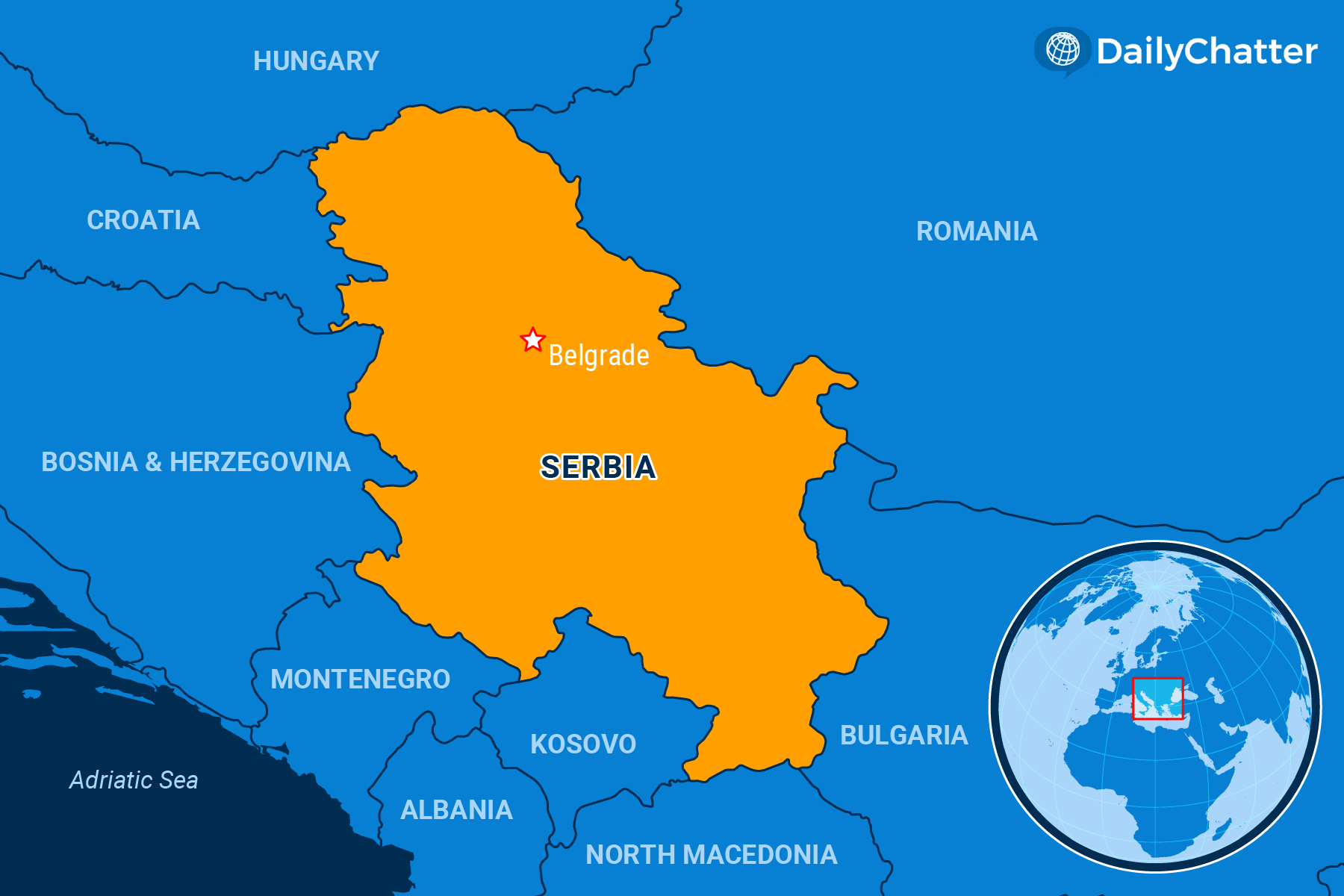Need to Know
July 14, 2023Ubiquitous Aggression and Violence
Serbia

|
Listen to Today's Edition
|
Throngs of Serbians flocked to the capital of Belgrade recently to protest against Pink TV, a pro-government television station that protesters said contributed to the culture of violence that led to two mass shootings in the Balkan country.
“This is a factory of evil that has been spewing poison for years,” said opposition politician Radomir Lazovic, as demonstrators chanted slogans calling for the resignation of populist President Aleksandar Vucic, according to the Associated Press.
The shootings resulted in 18 deaths and 20 injured people, including children. On May 3, a 13-year-old boy killed eight students and a security guard at a school, the first such school shooting in Serbia’s history. The next day, a 21-year-old man shot and killed pedestrians as he drove a vehicle outside the capital Belgrade.
Many Serbs felt that the legacy of violence from the Yugoslav wars of the 1990s, the glorification of Serbian heroes from those conflicts who have been accused of war crimes, and ongoing tensions between Serbs and Albanians in Kosovo, the now-independent country with an ethnic-Albanian-majority population that was once part of Serbia, contributed to the tragedies.
When government officials announced an amnesty for anyone who would turn in a firearm to the authorities, they garnered almost 110,000 weapons, Radio Free Europe noted.
“We live in a society where aggression and violence are ubiquitous: verbal, media, physical,” said the Serbian teachers’ union in a statement reported by Al Jazeera. “It has reached its peak not only in schools, but in the entire society. As a society and as a country, we failed. Serbia needs to stop and ask itself how far it has come and where and how it should go after this.”
Serbia, incidentally, doesn’t recognize Kosovo’s independence, a stance that its ally, Russia, has supported, though some Serbs are starting to question whether they should retain close contacts with Moscow in light of the war in Ukraine, the Kyiv Post noted.
Crises between Serbia and Kosovo have become commonplace in recent years. As the Economist recounted, the most recent tensions arose after Serbian police arrested three Kosovar police officers who were allegedly on the wrong side of the country’s border. The incident followed disputes over Kosovar leaders appointing ethnic Albanian mayors in majority-Serb towns in Kosovo.
Vucic, who has led Serbia for more than a decade, casts himself as the defender of the nation – the man who will punish the Kosovars, play the West and Russia off each other to Serbia’s advantage, and engage in other cagey diplomacy, the New York Times reported.
Nero might have felt the same way as he played the fiddle while Rome burned.
Not already a subscriber?
If you would like to receive DailyChatter directly to your inbox each morning, subscribe below with a free two-week trial.
Support journalism that’s independent, non-partisan, and fair.
If you are a student or faculty with a valid school email, you can sign up for a FREE student subscription or faculty subscription.
Questions? Write to us at hello@dailychatter.com.

